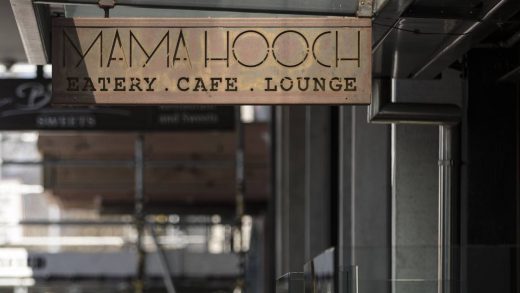
Aucklanders may be experiencing the largest jump in rates since the supercity formed in 2010, but Auckland Council and mayor Wayne Brown say this is what citydwellers wanted.
Last month, Auckland Council finalised plans for this year’s financial budget, agreeing on a 7.7% increase in rates for householders.
The Auckland mayor’s first budget proposal included lower rates and spending cuts, but he was not able to please both the public and his council colleagues, leading to higher rates decision.
It’s the highest rate increase for Auckland since the Supercity was formed 13 years ago, with mayoral predecessors Len Brown and Phil Goff keeping domestic rate increases to between 2.4% and 5%.
READ MORE:
* Auckland budget: What does it mean for you?
* Auckland Council’s budget meeting to roll into Friday
* Parents’ last-minute plea to Auckland councillors as childcare cuts go to vote
Because rates are based on property values, the increase will be more for some Aucklanders, and less for others.
Aucklanders who own a home with an average value residential property will be paying an extra $253 in rates each year, around $5 a week.
Business ratepayers face an average rates rise of 8.1%, or $1464 a year for the average value business property, the equivalent of almost $30 a week.
However, if the rates did not increase, Auckland Council would have to cut or reduce a number of council services – such as Citizen Advice Bureau and bus services – to fill the $325m gap in the proposed budget.
Ricky Wilson/Stuff
The Auckland mayor’s first budget proposal included lower rates and spending cuts.
Brown said the budget was “the best, most prudent, balanced budget” the council was able to achieve in the face of a $365m budget hole and “rapidly rising interest costs”.
“The 7.7% average household increase was reached through a range of tools, including a mitigation to the natural environment and water quality targeted rates, which brought the average household rates increase to around 1% above inflation in the previous year,” Brown said in a statement.
The 1% accounts for storm response activity, which an “overwhelming number” of Aucklanders asked for during the budget consultation.
Feedback provided by Aucklanders ahead of the decision showed 73% of respondents opposed the level of cuts proposed, which North Shore ward councillor Richard Hills says “encouraged us to increase rates instead of cutting services important to Aucklanders”.
“Although it was a relief the cuts were significantly reduced, there were still very hard decisions made, cuts to some services and hundreds of job losses, due to a lack of appetite from a majority of councillors to go even higher on rates,” Hills said.
Hills said there was no “perfect answer” to Auckland Council’s budget challenges.
Ryan Anderson/Stuff
Auckland City Councillor Richard Hills said there was no “perfect answer” to Auckland Council’s budget challenges.
“The mayor and councillors compromised considerably in the approved budget, based on community loudly opposing the destructive cuts that were originally proposed,” he said.
The North Shore councillor said there was “some appetite” to use a greater level of debt to fill the gap instead of rates and “other levers”.
“That would have led to an even greater hole next year, meaning even higher rates or cuts in 2024,” he said.
On Friday, Auckland Council’s acting group chief financial officer John Bishop said the budget needed to respond to “challenging circumstances”.
Jonathan Killick/Stuff
Auckland Council’s budget meeting dragged on for two days, before councillors could reach a compromise.
“We’ve seen rapid rises in inflation and interest rates on top of an already tough operating environment,” Bishop said, including the extreme weather events that caused widespread damage earlier this year.
“This meant some tough budget measures to respond to a $325m gap between our revenue and operating expenses, along with a $40m gap to fund storm-related costs in 2023/2024,” Bishop said.
Bishop said these measures will “support the region’s long term future” by investing $3 billion on building or buying news assets.
“To fund this activity, the council has agreed an average general rates increase of 11% or 2023/2024, with other adjustments to result in an overall 7.7% rates increase for the average value residential property,” he said.


